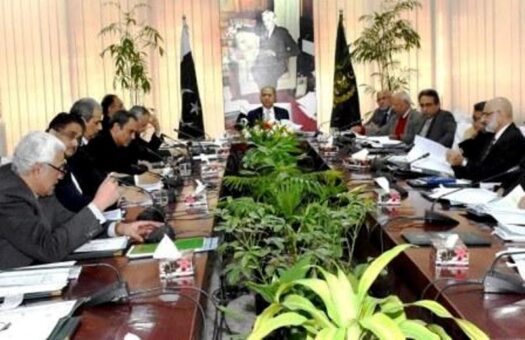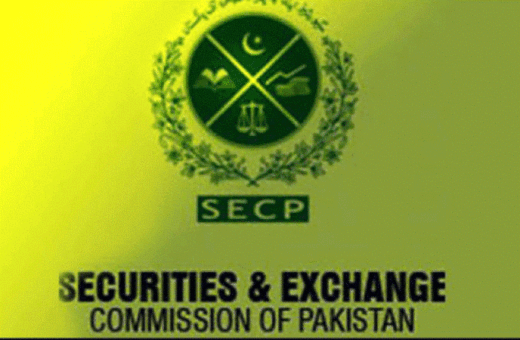KARACHI: Karachi Tax Bar Association (KTBA) has highlighted impediments face by taxpayers in claiming input sales tax adjustment.
The KTBA in a letter to Federal Board of Revenue (FBR) on Wednesday said that after introduction of STRIVe, there have arisen certain practical impediments at the time of filing sales tax returns to avail the exclusion from Section 8B of the Act read with SRO 1190 of 2019 dated 02/10/2019.
The option of exclusion as provided under SRO 1190(I)/2019 dated 02/10/2019 has been allowed only to certain taxpayers who are enlisted in the list of exclusion as provided thereunder while, earlier it was provided under SRO 647(I)/2007 in general.
Consequently, the taxpayers who are engaged in multiple businesses or have not updated their tax profiles are not allowed to avail the benefit of the aforesaid exclusion despite the fact that their activity is excluded from Section 8B of the Act.
In addition to the above a clarification was also issued through STM (IR) letter C.No.1(211)STM/2019/272646-12 dated 14/11/2019, whereby the taxpayers have been required to update their tax profiles to avail the benefits of SRO 1190(I)/2019 dated 02/10/2019.
The situation on the other hand is further deteriorated as there is no option in the Tax Asaan application for “change in particular”, due to which complications have cropped up for taxpayers to update their tax profiles as required. Presently, the taxpayers are left with no other option but to file an application for change in particulars on the line of previous prescribed procedure whereby a ‘No Objection Certification (NOC)’ was required to be issued by the concerned Commissioner to the ‘Local Registration Office’.
This consumes considerable time. What has been observed that even after updating the tax profile, certain taxpayers, mostly importer, are not getting exclusions from Section 8B.
It is also essential to highlight that taxpayers do not have clear understanding about the business classification available on IRIS portal.
While updating the tax profile, taxpayers are unable to select their applicable business category from the IRIS portal as FBR has not provided any guideline about the correct classification of business category of respective businesses.
The taxpayers are also not getting any support from the FBR Helpline as the Support Officer at the Helpline are themselves not clear and often provide different suggestions through telephone, email etc.
Consequent to above lack of training or knowledge, the taxpayers are unable to avail the above benefit even after updating their tax profile.
On a slightly different note, it also must be allowed for all the categories to whom it is applicable, especially in the following situations:
(i) Persons who have paid minimum value addition tax at import stage are excluded from Section 8B, however, if the goods are not imported in any tax period but supplies are made from opening stock of such imports, the system does not allow the exclusions from Section 8B. In this case, the exclusion is only allowed in the tax period in which imports are made but not available in the subsequent periods when the stock of such imported goods are sold.
This is totally bizarre and is against the scheme of the Section 8B. It is, therefore, suggested to allow the exclusion throughout the year for 12 tax periods if the taxpayer is a “commercial importer”.
(ii) Sales tax paid on Fixed assets is also not subject to the restrictions provided under Section 8B, however, the return has not allowed the said exclusion in cases where such sales tax of fixed assets, being excess of the output tax, is carried forward to the next month.
The same is treated as part and parcel of the normal carry forward balance. It is, therefore, suggested that the sales tax on Fixed Asset must require to be separately treated as compared to the normal input tax adjustment with respect to the provision of Section 8B and in case, where input tax of fixed asset is in excess of the output tax in a tax period, it must have a separate row of carry forward balance in the returns, likewise the sales tax return provided by SRB.
The aforesaid anomalies are not more than technicalities of the system but are prone to give rise to the unnecessary litigation due to infringement of the vested right of the input tax adjustment of the taxpayers.








